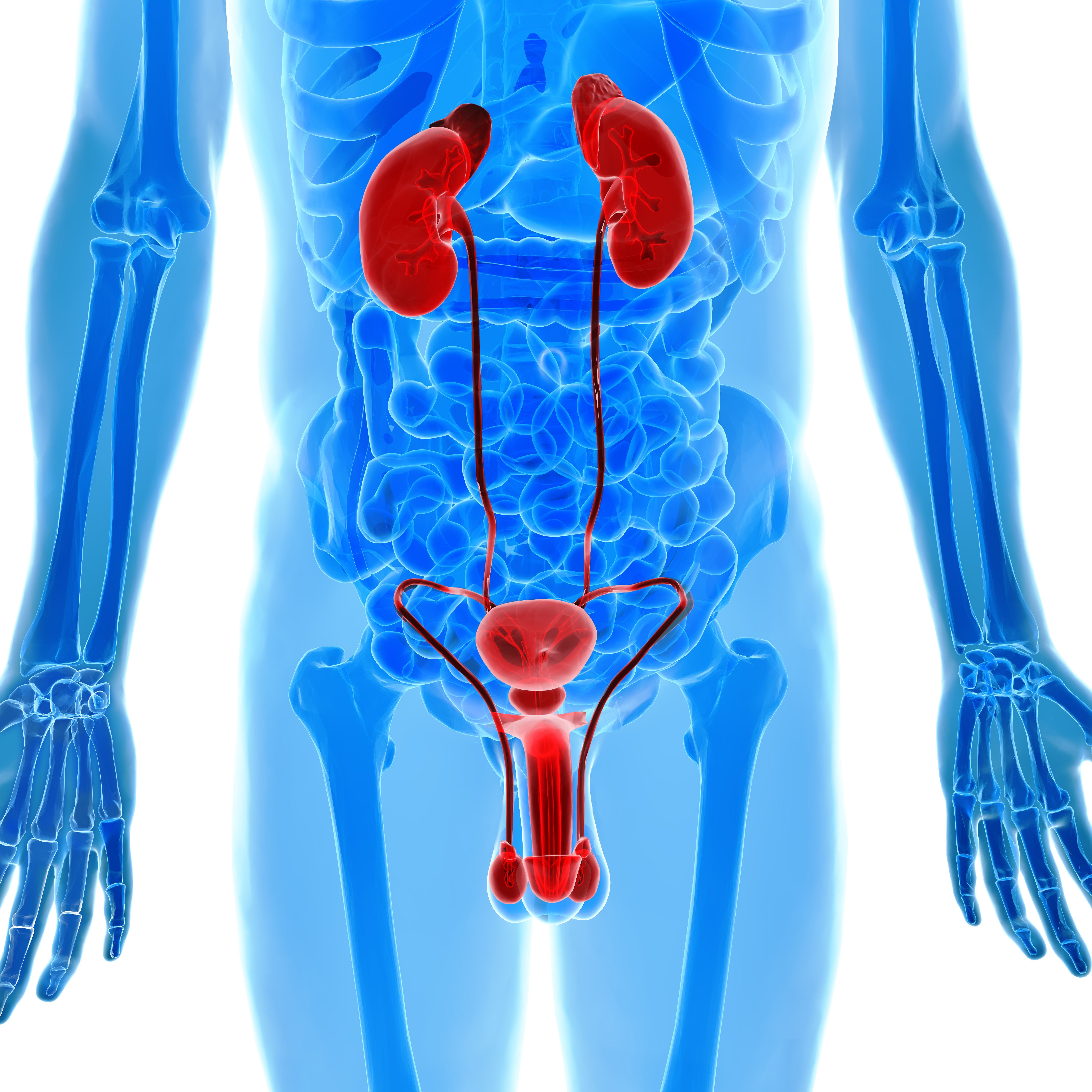Data Highlight Limited Real-World Germline/Somatic Testing Use in mCRPC
Additional education on tumor testing and PARP inhibitor therapy is warranted for patients with metastatic castration-resistant prostate cancer, according to Neal Shore, MD, FACS.
“Additional education on tumor testing and PARP inhibitor therapy is warranted, particularly in community oncology and urology settings, which should include the benefits and limitations of somatic tissue and liquid testing, as well as the potential to detect CHIP in liquid biopsies, which may lead to false interpretations of results,” according to Neal Shore, MD, FACS.

Real-world data suggest that only approximately 40% of patients with metastatic-castration resistant cancer (mCRPC) undergo germline and somatic testing, according to findings presented at the 2024 Genitourinary Cancers Symposium.
In addition to only 59.2% of patients receiving germline or somatic testing, about a third (33.2%) of patients with homologous recombination repair gene-mutant (HRRm) disease received treatment with a PARP inhibitor.
“There were two PARP inhibitors that were approved in 2020 [for mCRPC], and this was very important in the field of prostate cancer,” Neal Shore, MD, FACS, study author and urologist at Atlantic Urology Clinics, said during a presentation of the data.
“The PROfound trial led to the approval of Olaparib [Lynparza] and in that trial, we saw 20 to 25% of mCRPC patients, globally, harbored HR gene mutations … germline and somatic testing is now recommended by us professional guidelines as a standard of care for metastatic advanced prostate cancer patients, both sensitive and resistant, but certainly germline and somatic is recommended for all mCRPC patients to detect HR gene mutations, and consider options for PARP inhibitors,” he said.
Shore and colleagues analyzed data from 996 patients with mCRPC. This included 93% whose care was managed by community oncologists; 6% by community urologists; and 1% by academic oncologists.
A total of 59.2% (n=590) received HRRm testing, of which 19.8% (n=117) underwent germline testing; 59.8% (n=353) underwent somatic testing; and 4.1% (n=24) underwent germline and somatic testing; and 16.3% (n=96) were unknown.
Patient data from January 1, 2020, through December 31, 2021, was used in the study, and the researchers noticed an increase in testing rates after the first FDA approval of a PARP inhibitor—olaparib (Lynparza), which was approved in May 2020 — in this space. Specifically, HRRm testing was conducted in 15% of patients between January 1, 2020 and May 31, 2020. Testing rates then increased to 23% between June 1, 2020, and September 30, 2020, and then increased even more to 62% between October 1, 2020, and December 31, 2021.
The majority (64%) of patients received testing after they had already undergone at least one line of therapy, with 48% of patients being tested after failure on firstline therapy.
Somatic tissue testing was utilized more often than liquid biopsy, and among patients who were tested, 31.7% (n=187) were HRRM-positive, including 11.2% (n=21) of patients who underwent germline testing, and 73.8% (n=138) who underwent somatic testing, 2.1% (n=4) who underwent both somatic and germline testing and 12.8% (n=24) of patients whose testing type was unknown.
The researchers noted that not all tests included the 14 HRR genes indicated in the olaparib approval. HR mutations were most commonly detected in ATM, BRCA2, CHEK2, and CDK12 genes, while ctDNA was analyzed with somatic liquid biopsy testing.
“These samples were enriched for ATM and CHEK2 mutations, which are also commonly associated with clonal hematopoiesis of indeterminate potential, also known as CHIP,” Shore explained. “It’s possible that not all ATM and CHEK2 mutations detected somatically were biopsy testing or tumor-derived.”
Among patients with mCRPC whose disease was HRRm-positive, 66.8% (n=125) received a PARP inhibitor.
Ultimately, these findings highlighted the need for improved usage of germline and somatic testing for this patient population, and is potentially negatively impacting therapeutic offerings, the researchers wrote in their abstract.
“Additional education on tumor testing and PARP inhibitor therapy is warranted, particularly in community oncology and urology settings, which should include the benefits and limitations of somatic tissue and liquid testing, as well as the potential to detect CHIP in liquid biopsies, which may lead to false interpretations of results,” Shore concluded.
Reference
Shore ND, Craver C, Blanc S, et. al. Homologous recombination repair gene mutation (HRRm) testing patterns and treatment selection from a real-world cohort of patients with metastatic castration-resistant prostate cancer (mCRPC). J Clin Oncol 42, 2024 (suppl 4; abstr 210). doi:10.1200/JCO.2024.42.4_suppl.210
Frontline Chemo-Free Regimen Supported in HR+/HER2+ Breast Cancer Therapy
January 1st 2024Combining anastrozole with palbociclib, trastuzumab, and pertuzumab as a frontline therapy for hormone receptor–positive, HER2-positive breast cancer may avoid some of the toxicities associated with chemotherapy, says Amy Tiersten, MD.